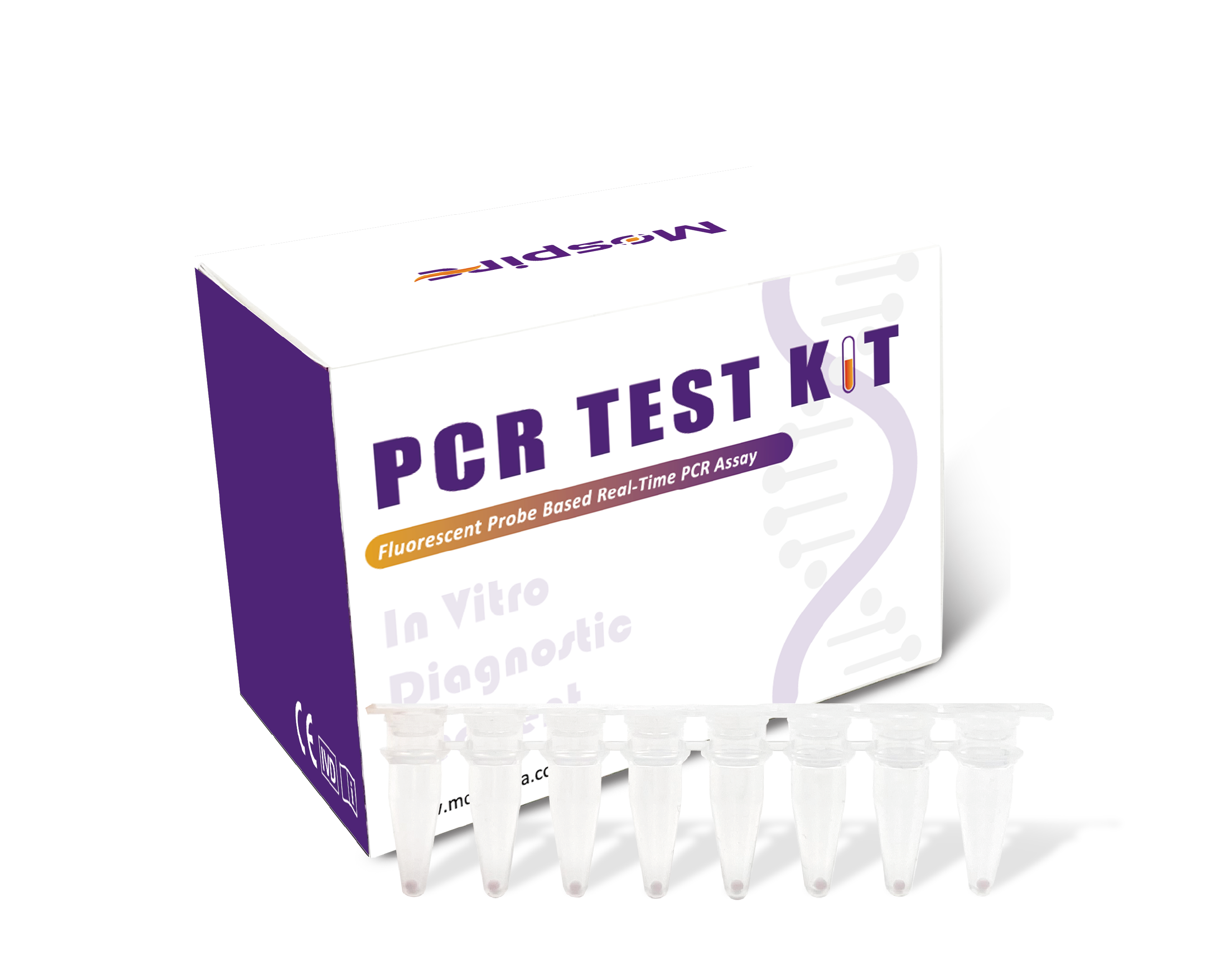
Clostridioides difficile is a Gram-positive anaerobic bacterium that primarily causes severe intestinal infections associated with antibiotic use, particularly pseudomembranous colitis. It spreads through contaminated environments or surfaces. Symptoms include diarrhea, abdominal pain, and fever, and in severe cases, it can lead to dehydration, bowel perforation, or even death. C. difficile infections are common in patients who are hospitalized long-term or receiving broad-spectrum antibiotics.
The shelf life of this kit is 24 months from the manufacturing date when stored at 2-8 °C.
TcdA primarily targets intestinal epithelial cells, leading to cell death and intestinal damage. TcdB is more toxic and has a more significant impact on cells, capable of causing more severe inflammatory responses. Different toxins may influence treatment strategies, and understanding the specific toxin type can help doctors select more effective treatment options.